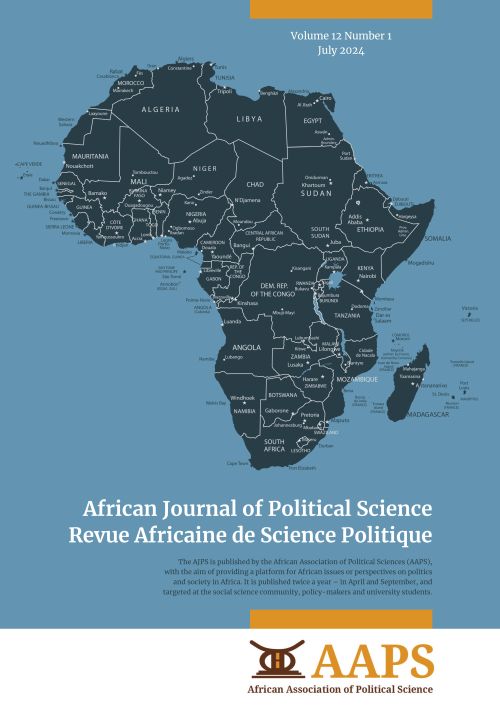Main Article Content
Elite Governance, Development, and Public Safety in Nigeria
Abstract
Governance defines how political actors use ethical or corrupt practices to influence mass participation in political decision-making in public affairs. This article interrogates the implications of the elite monopoly of power for development and public safety in Nigeria. We anchored the study on Pareto’s circulation of elite theory. It adopts a qualitative method to collect secondary data which are content and thematically analyzed. Results indicated that the gap between the elite and the citizenry threatens the development and public safety in Nigeria. This article concludes that elitism should not only socially engage with the citizenry, but it should also reproduce egalitarian political values and actors for inclusion in Nigeria’s democratic destiny. Drawing on the values of the conceptual lions (oselu) of Pareto to scare his conceptual foxes (ojelu) vices out of political domination through electoral re-socialization could neutralize elite conspiracy against the majority and boost the capacity of vulnerable Nigerians to initiate and implement development and public safety defenses. It suggests that a true fiscal federalism predicated on ethical reorientation in politics could reinvent Nigeria, and relieve her of the burden of underdevelopment and insecurity into which elite avarice has plunged the country.




